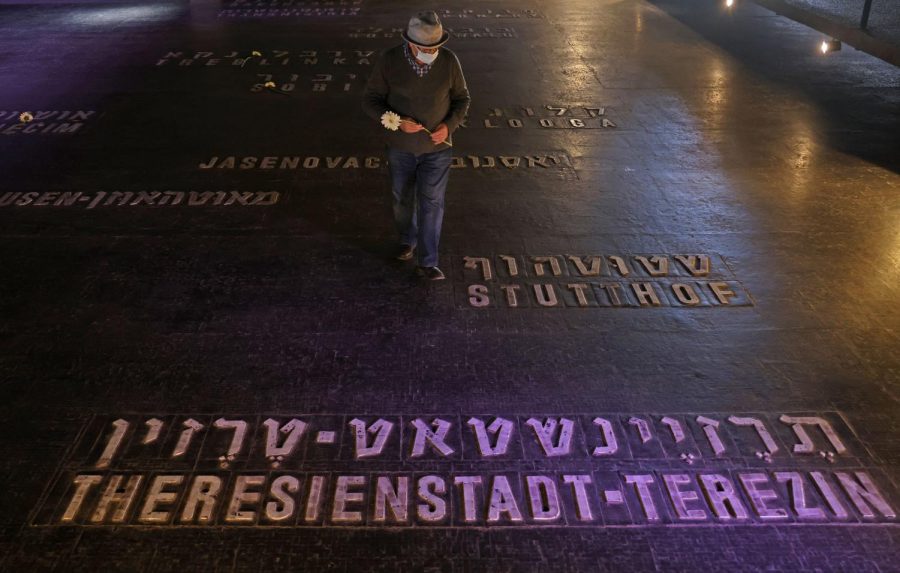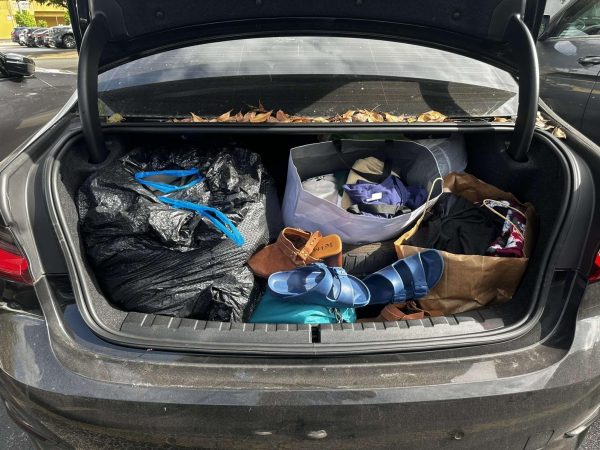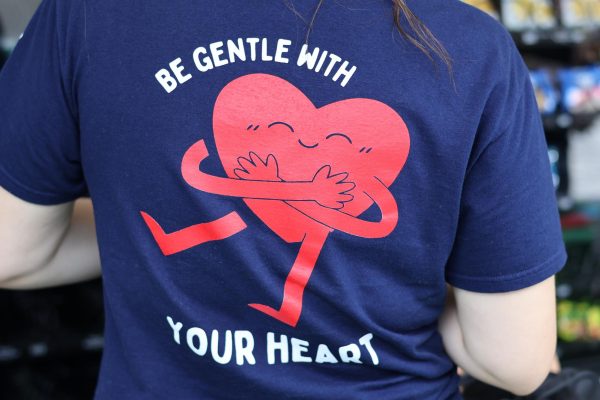Why It’s Important to Keep the Story Alive
EMMANUEL DUNAND/AFP via Getty Images/TNS
A man lays a flower on the name of a Nazi concentration camp during Holocaust Remembrance Day in Jerusalem’s Yad Vashem memorial on April 8, 2021.
January 27, 2022
Almost 76 years ago, six million innocent Jewish people were victims of the Holocaust genocide. Although their lives and families were dramatically changed, their legacy will live on forever.
Jan. 27 has been designated Holocaust Remembrance Day. It marks the liberation of Auschwitz, a concentration camp operated by Nazi Germany in Poland. The United Nations designated Holocaust Rememberance day to be observed every year since 2005. According to the International Holocaust Remembrance Museum, “The UN urges every member state to honor the six million Jewish victims of the Holocaust and millions of other victims of Nazism and to develop educational programs to help prevent future genocides.”
But even though the story of the Holocaust is remembered every year, people still question why this needs to be done. The first and one of the most important reasons is so that history doesn’t repeat itself. As long as every generation continues to be educated, tragedies like the Holocaust are less likely to happen again. In several schools throughout the country, Holocaust education is implemented in English and history classes. Other schools bring in speakers throughout the week, such as survivors or relatives of survivors. As these stories continue to be shared, the emotions and pain will never be lost.
Although many people have thought that the Holocaust was many years ago, it is the age of most people’s grandparents, meaning that some Holocaust survivors are still alive. 76 years is not that long. The stories show the hatred and inhumane actions the survivors and victims had to endure. The stories can help combat hate that is still surrounding the Jewish community, so the actions are not repeated. This generation is only two or three away from the Holocaust. They can help continue to spread the stories, stop the hate, and prevent similar events in the future. Even as time goes on and the first-person stories by survivors come to an end, every generation should continue to keep the stories alive.












